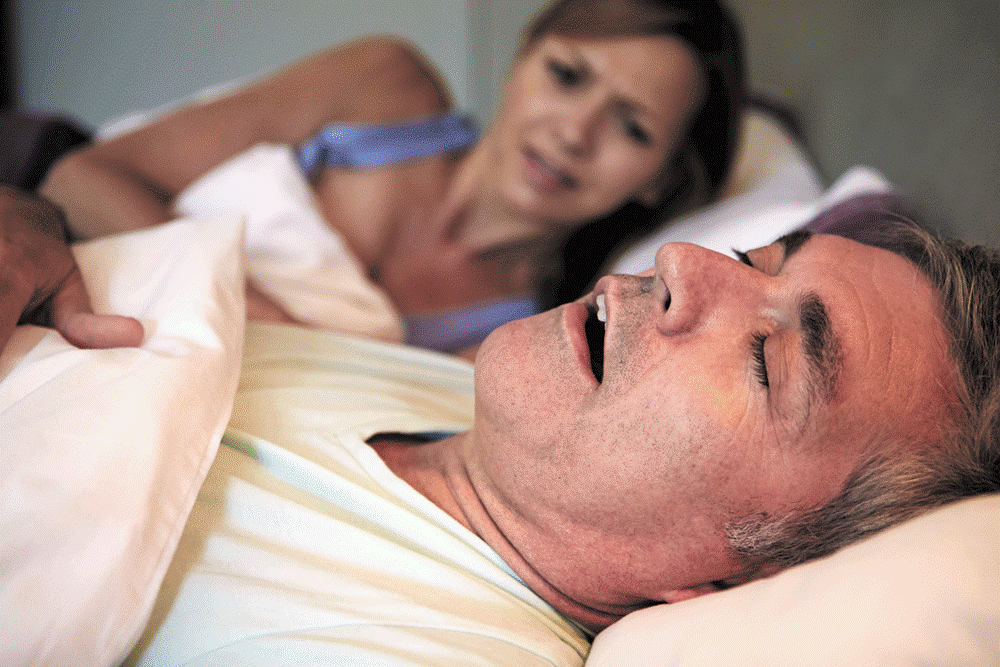Struggling With Snoring
Snoring is not just a problem for you, it is also a problem if it disrupts your partner’s sleep, or another household member’s sleep, or if it is a symptom of a more serious condition. Snoring can cause daytime sleepiness, fatigue, and difficulty concentrating, all of which can lead to other complications. Snoring can also …










